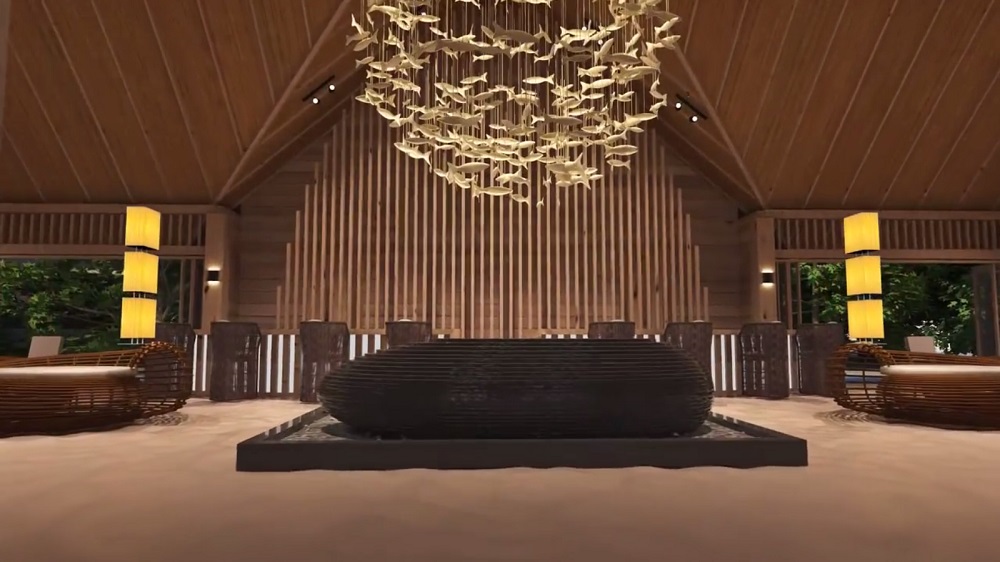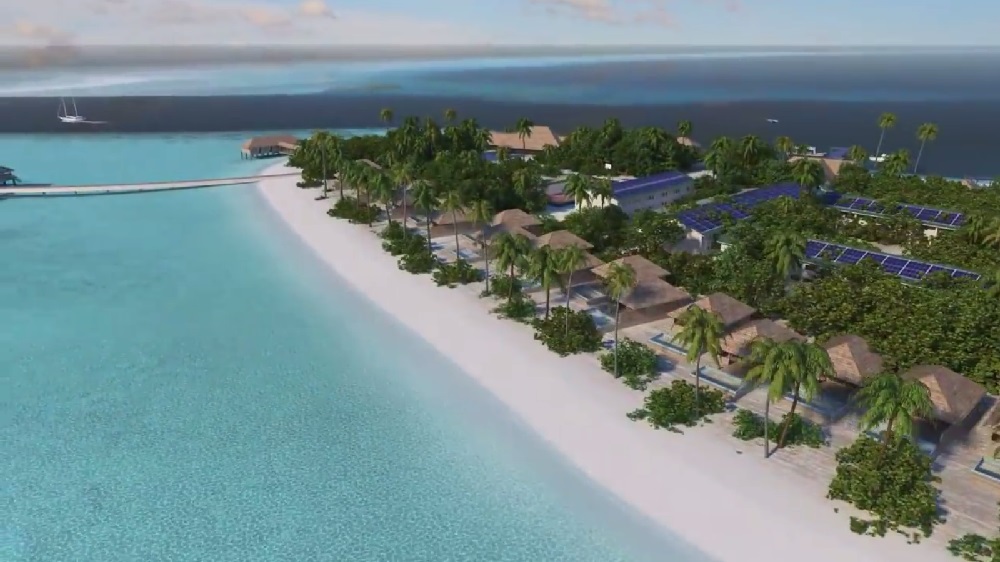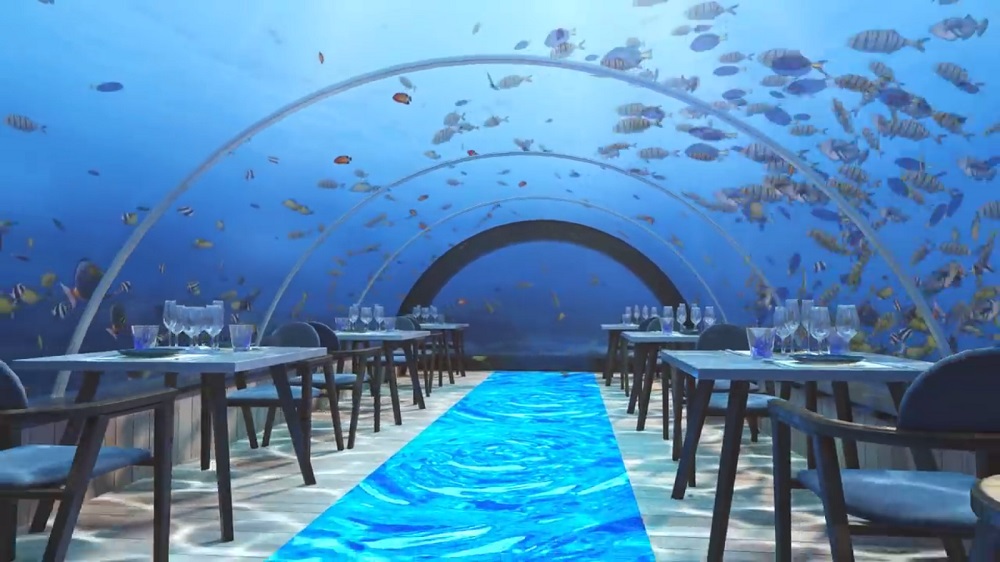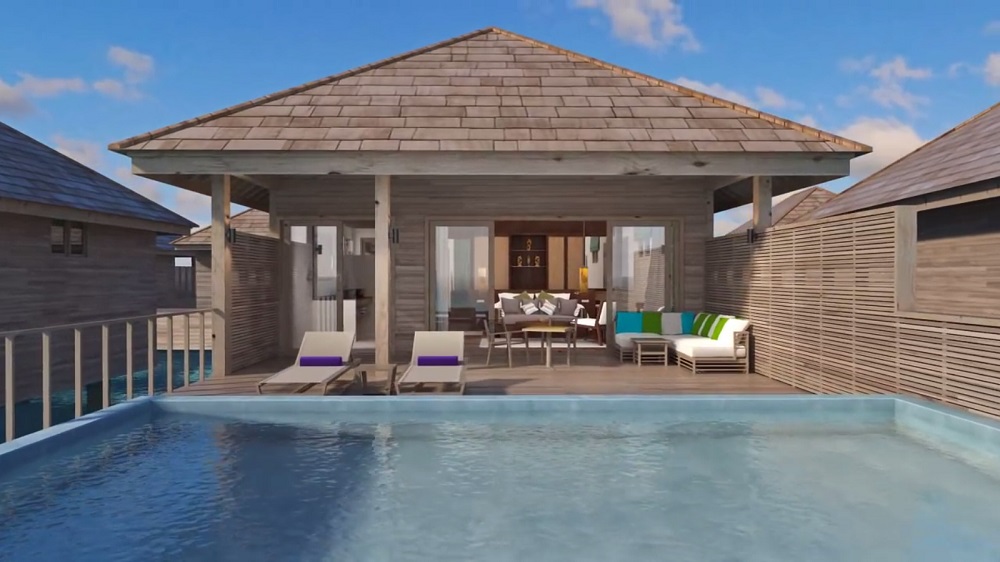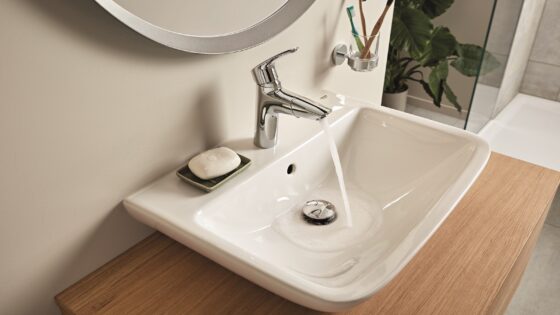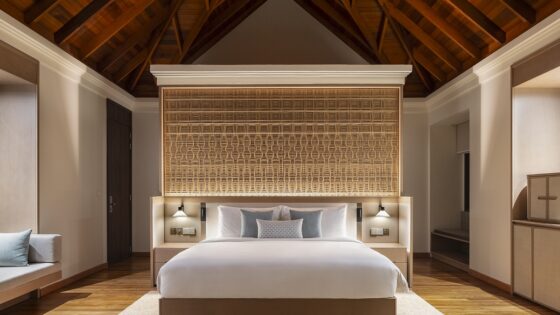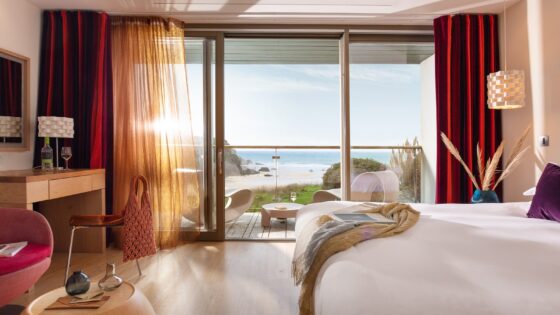Five-star luxury and sustainability have been seamlessly integrated at Hurawalhi Island Resort – a combination worthy of making any environmentally-aware urban dweller green with envy.
In a fragile environment like the Maldives, eco-conscious operations should be the norm and this brand new island has gone the extra mile to put as much back into its surroundings as it takes out. With 60% of the island powered by solar energy, there is also a water bottling plant to substantially reduce the island’s plastic consumption, a food recycling programme and a collection of local greenhouses producing fresh produce for guests. Together these innovative elements ensure that protecting the natural environment is as high a priority as the comfort Hurawalhi provides.
The company behind Hurawalhi, Crown & Champa Resorts, wanted to make the destination as environmentally sustainable as possible. At every step of the development process reducing the project’s carbon footprint was a key consideration. In what they have achieved at Hurawalhi, Crown & Champa has proved it’s possible to care for the environment without sacrificing elegance, luxury and a highly personalised approach to service.
Once finished, the island will boast 4,243m² of solar panels – approximately the size of 26 volleyball courts! Crucially, this technology has been seamlessly integrated into the resort’s architecture by New York-based architect, Yuji Yamazaki, who has successfully turned power generation into a stylish design feature. The panels are state of the art in design and are a far cry from earlier units; the panels at Hurawalhi sport a futuristic-looking appearance which contributes to the contemporary ambience. Rather than clashing with the environment, they make a welcome addition to Hurawalhi’s chic appearance.
Another step Hurawalhi has taken in order to minimise its environmental footprint is to monitor the island’s food supply and production. Owen Ealden, the island’s Food and Beverage Director, is a strong advocate of healthy and sustainable living and summarises Hurawalhi’s theme of eco-consciousness in a single sentence, ‘We want to focus on three areas: healthy people, healthy planet and healthy local communities.’ Hurawalhi has its own water bottling plant, reducing the plastic consumption of the island by using only glass bottles supplied by nearby sister island Kuredu and all restaurants only offer organic and biodynamic produce, allowing guests to enjoy wholesome and good nutrition, which is not only healthy, but also beneficial to the environment. Food waste is processed into fertilizers to use in Hurawalhi’s greenhouse, a process powered entirely by solar energy. The resort also strives for maximum food transparency and thoughtfully sourced produce, favouring local suppliers whenever possible, which gives guests a chance to sample something new.
Hurawalhi has a desalination system which filters sea-water and turns it into clean water for drinking and cooking, as well as to supply the luxurious rainfall showers in the villas. Efficient waste management systems ensure water waste is recycled wherever possible.
All of these green initiatives demonstrate Hurawalhi’s high regard for the environment. Amongst its many other eco-projects, Hurawalhi, which is surrounded by some of the best dive sites and marine life encounters in the world, has teamed up with Wise Oceans to support marine conservation and the continued research of the local Manta ray population and is dedicated to maintaining the stunning local reefs.


